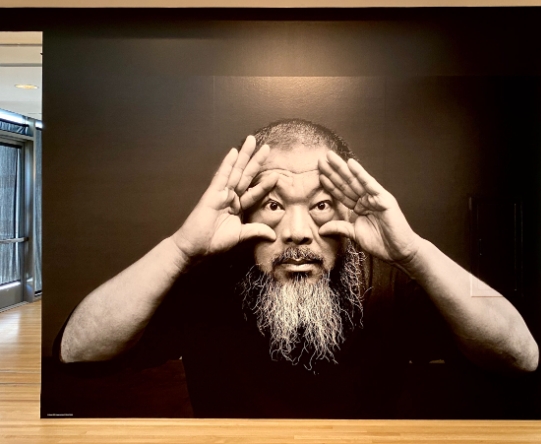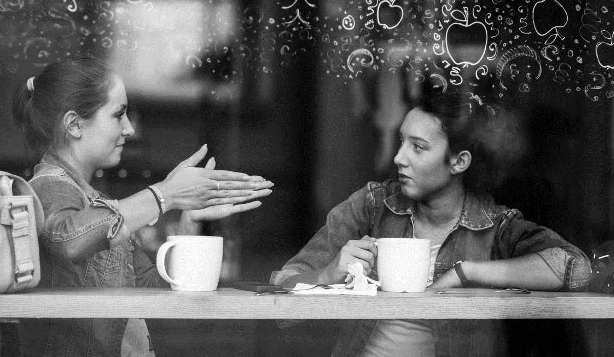Ai Weiwei is a contemporary Chinese artist known for his powerful and thought-provoking works. In his self-portrait series, Ai Weiwei offers a glimpse into his inner world, exploring his personal struggles and beliefs.
Exploring Identity
Through his self-portraits, Ai Weiwei grapples with the complexities of identity. He uses different mediums such as photography, sculpture, and performance art to convey his inner thoughts and emotions. Each piece offers a unique perspective on the artist’s sense of self and place in the world.
Political Commentary
Ai Weiwei is also known for his outspoken activism and criticism of the Chinese government. In his self-portraits, he often includes elements that reflect his political beliefs and experiences. This adds a layer of depth to his work, exploring the intersection of art and activism.
Cultural Influences
As a Chinese artist, Ai Weiwei’s work is deeply influenced by Chinese history, culture, and traditions. This is evident in his self-portraits, where he incorporates symbols and imagery that reflect his cultural heritage. By exploring these influences, Ai Weiwei is able to create a dialogue between the personal and the universal.
Emotional Depth
Ai Weiwei’s self-portraits are not just about creating a visual representation of himself, but also about delving into his innermost thoughts and emotions. Through his art, he lays bare his vulnerabilities and struggles, inviting viewers to connect with the raw and honest portrayal of his psyche.
In conclusion, Ai Weiwei’s self-portrait series offers a fascinating glimpse into the mind of the artist. Through his exploration of identity, politics, culture, and emotions, Ai Weiwei creates a rich and complex body of work that challenges and inspires viewers to reflect on their own beliefs and experiences.



